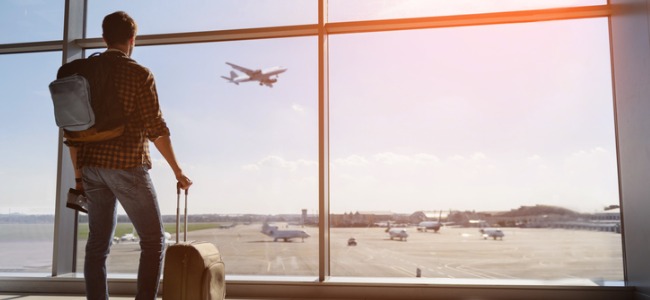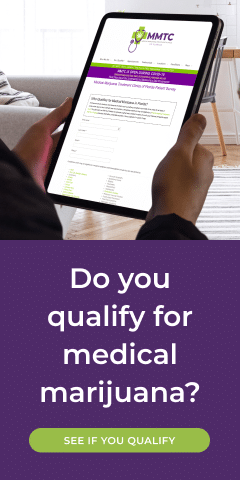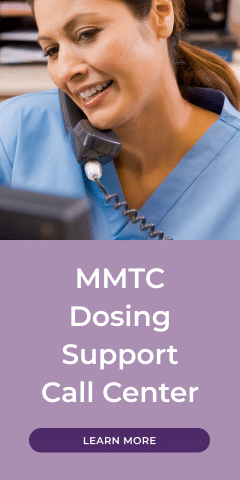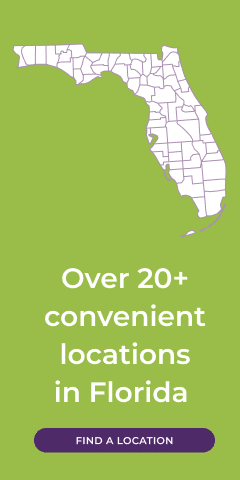Medical marijuana has become an ideal alternative to traditional medication for treating a variety of qualifying conditions. However, due to the differing state laws, it can be difficult to know where you can travel with medical marijuana products if you have a prescription.
The marijuana plant contains over one hundred different chemicals, known as cannabinoids, and each has a different effect on your body. The two most common cannabinoids in marijuana are:
- Tetrahydrocannabinol (THC): creates a high and euphoric sensation due to its psychoactive properties
- Cannabidiol (CBD): non-psychoactive, known for its promising health benefits
Since CBD does not contain psychoactive properties, you can travel with all CBD products that contain less than 0.3% THC. However, when traveling with products that contain greater than 0.3% of THC, the laws vary significantly from state to state.
Medical Marijuana Laws
As of November 2021, 18 states, two territories, and the District of Columbia have legalized marijuana use for both medical and recreational purposes. Additionally, as of February 2022, 37 states, four territories, and the District of Columbia have legalized the medical use of cannabis products.
In Florida, a comprehensive medical cannabis program has been implemented, allowing tens of thousands of people to get the medical marijuana that they need through the form of vaporizers, tinctures, sprays, pill capsules, edibles, or topical solutions. Comprehensive medical cannabis programs fall under the following criteria:
- Protection from criminal penalties for using cannabis
- Access to cannabis through home cultivation, dispensaries, or another system
- Allows a variety of strains or products, regardless of THC content
- Enables smoking or vaporization of different cannabis products, including plant material or extracts
- Is not a limited trial program
In contrast, there are 11 states that have approved the use of low THC, high CBD products for medical reasons in limited situations or as a legal defense. Despite the recent changes to the law regarding both medical and recreational use, any kind of marijuana is still considered illegal at the federal level.
Traveling with Medical Marijuana
Federal law governs airplane travel, so it is currently illegal to bring marijuana onto a plane. However, with medical marijuana, there is a legal gray area when flying. According to the Transportation Security Administration (TSA), CBD products (THC less than 0.3%) are permitted in carry-on bags and checked bags, but medical marijuana products are still federally illegal.
TSA Screenings of Medical Marijuana
The purpose of TSA’s security screenings is to identify any potential threats to the airplane and its passengers. Security officers are not actively searching for marijuana or other illegal drugs, but if any illegal substances are discovered during a security screening, TSA will call local law enforcement. The final decision of allowing any substances through the security checkpoint lies with the TSA officer. While you may not face any legal jurisdiction, you may miss your flight or lose possession of your medical marijuana.
It is important to remember that for your medical marijuana card to be valid, you must be traveling between states where medical marijuana is legalized and which offer reciprocation for out-of-state cards. Since marijuana is still classified as a Schedule I controlled substance, you should always review the most up-to-date information for the states or countries you are visiting before traveling. Although the probability of facing a penalty is low, individuals can still face up to five years in prison and a fine of up to $250,000 for cannabis trafficking. Usually, these penalties are reserved for high-volume distributors of cannabis.
Traveling on a Train with Medical Marijuana
If you are traveling by train in the United States, Amtrak is currently the only passenger railroad service that provides regularly scheduled long-distance intercity trains. On all Amtrak trains, buses, and stations, the transportation of marijuana in any form is strictly prohibited, even in states or countries where recreational use is legal or permitted medically.
Can I Use My Medical Marijuana Card in Other States?
One crucial point to remember is that although states may honor your medical marijuana card or allow recreational cannabis use, most state laws require cannabis products to be purchased within state lines to be legal. Therefore, the safest policy is to purchase new products in a state rather than risk federal and state law violations by transporting medical cannabis between state lines.
Currently, the District of Columbia and the following states will accept a Florida medical marijuana card:
- Arkansas
- Hawaii
- Maine
- Nevada
- New Hampshire
- New Mexico
- Oklahoma
- Rhode Island
- Utah
Along with the states that will accept your medical marijuana card, there are states where recreational marijuana is legal, meaning you can access marijuana for medical treatment without needing your medical marijuana card. These states include:
- Alaska
- Arizona
- California
- Colorado
- Connecticut
- Illinois
- Maine
- Massachusetts
- Michigan
- Montana
- Nevada
- New Jersey
- New Mexico
- New York
- Oregon
- Washington
- Vermont
- Virginia
Recreational marijuana is also legal in the District of Columbia and Guam.
Contact a Florida Medical Marijuana Doctor
As laws and regulations about medical marijuana continue to change, more and more research emerges about the benefits of medical marijuana in treating a range of medical conditions. If you are curious about whether or not you qualify for medical marijuana in your treatment plan, take MMTCFL’s patient survey today to help our Florida medical marijuana doctors determine if you are eligible for a medical marijuana registration card.




